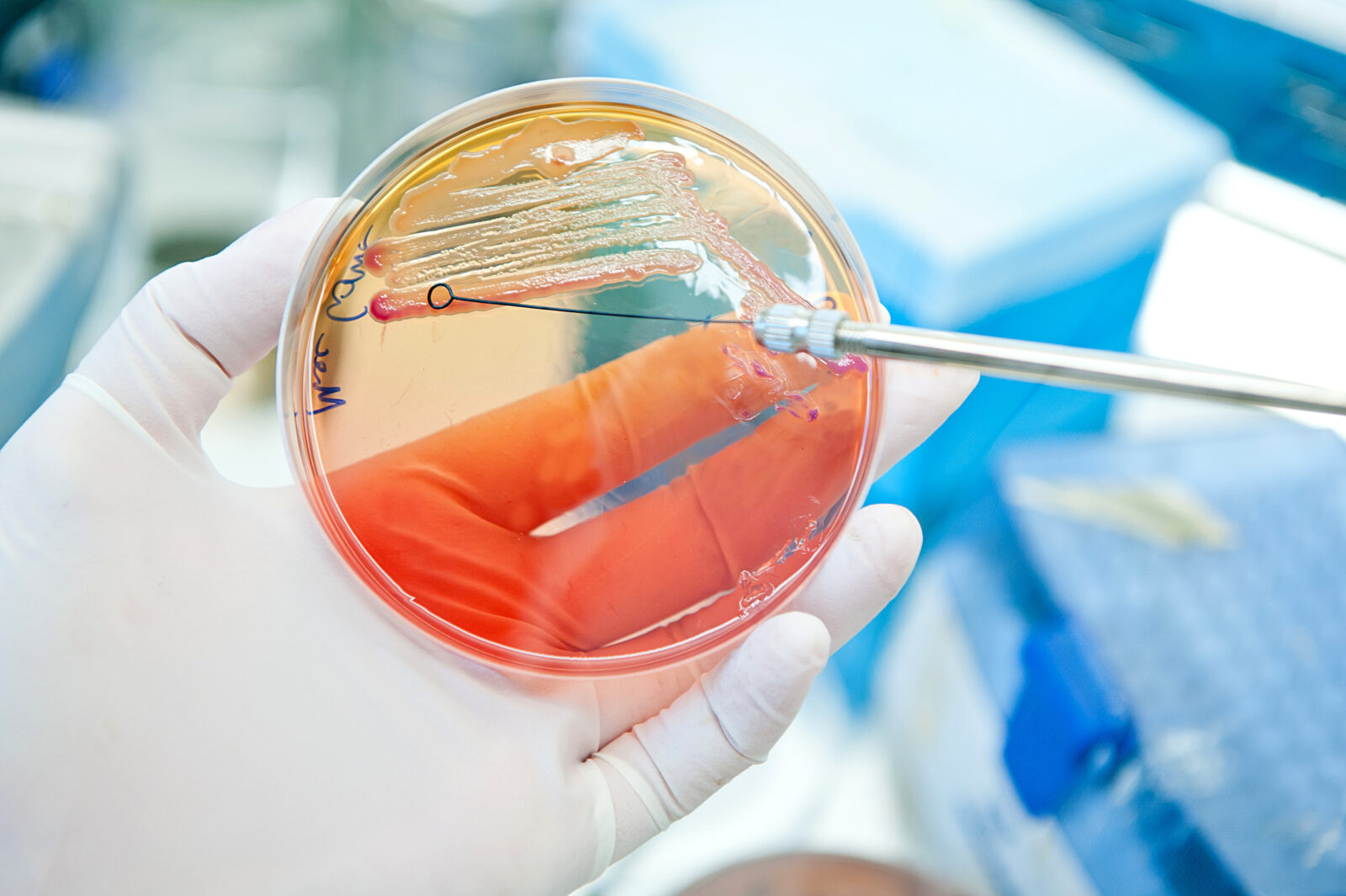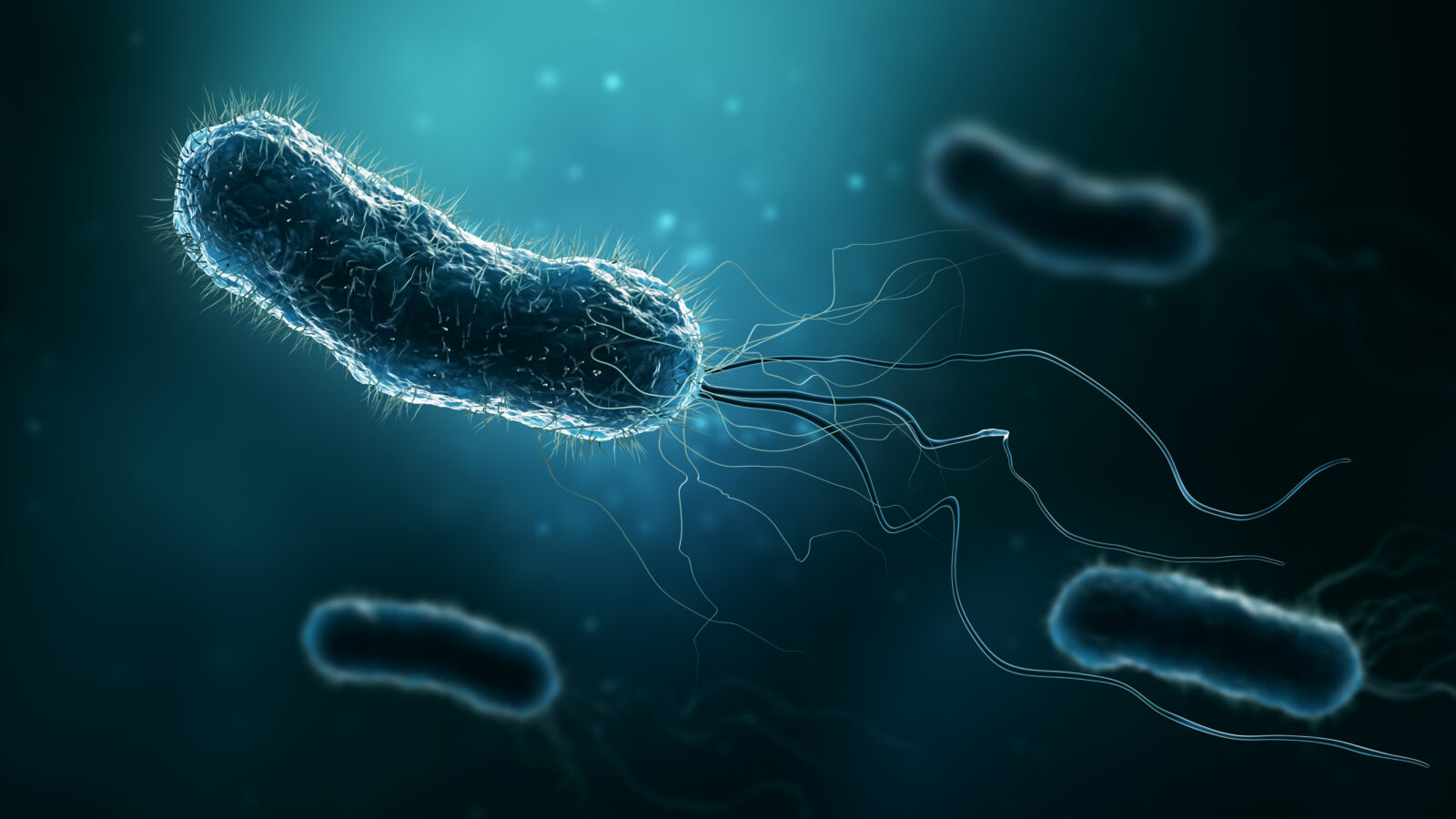


A Microbiologist’s Journey to Intelligent Design

Dustin Van Hofwegen on Engineering and Evolution in Lilliput
On today’s ID the Future we go behind the scenes at the recent Conference on Engineering in Living Systems, where host Jonathan Witt sat down with Dustin Van Hofwegen, a biology professor at Azusa Pacific University in California. The two discuss the private conference, which brought together biologists and engineers to study how engineering principles and a design perspective can and are being applied to biology — to plants and animals but also to Van Hofwegen’s area of focus, the Lilliputian realm of microbial biology. The two quickly move into a conversation about Van Hofwegen’s article in the Journal of Bacteriology, co-authored with Carolyn Hovde and Scott Minnich, based on research they did at the University of Idaho. As Van Hofwegen explains, the research focused on one of the most ballyhooed evolutionary changes to come out of Richard Lenski’s long-term evolution experiment at Michigan State University, a decades-long study of many thousands of generations of E. coli bacteria. Perhaps the biggest evolutionary development in the course of the experiment involved some bacteria beginning to feed in citric acid. Interesting, to be sure, but as Van Hofwegen explains, E. coli already has this capacity; it’s just a matter of switching it on. Van Hofwegen, Hovde, and Minnich demonstrated this through do-or-die experiments with E. coli, which led to the bacteria developing the capacity not in years or decades, as in the Lenski experiment, but in fourteen days, in as little as 100 generations. Van Hofwegen unpacks why this is an embarrassing result for Neo-Darwinism, then he and Witt discuss another study, this one focused on antibiotic resistance but with a similar result: the findings suggested that the antibiotic resistance observed came not by evolving anything new but by tweaking something already present — in this case, by actually breaking something.

Casey Luskin Returns, Teases a New Book, Celebrates ID 3.0
On today’s ID the Future, Rob Crowther continues his conversation with Casey Luskin, the intelligent design proponent who previously worked for Discovery Institute’s Center for Science and Culture and has now returned. As Luskin explains, he left to pursue a PhD in geology at the University of Johannesburg in South Africa. The two discuss the wild conspiracy theories circulated by opponents of intelligent design when Luskin stepped away from Discovery Institute five years ago. Luskin also tells about an upcoming book he’s been working on with William Dembski, another intelligent design proponent who stepped away from day-to-day ID work and is now putting a foot back in the ID waters. Also on tap in today’s conversation, Luskin and Dembski’s upcoming appearance at the 2021 Dallas Conference on Science and Faith, and advances in the ID 3.0 research initiative, including some recent peer-reviewed papers.
